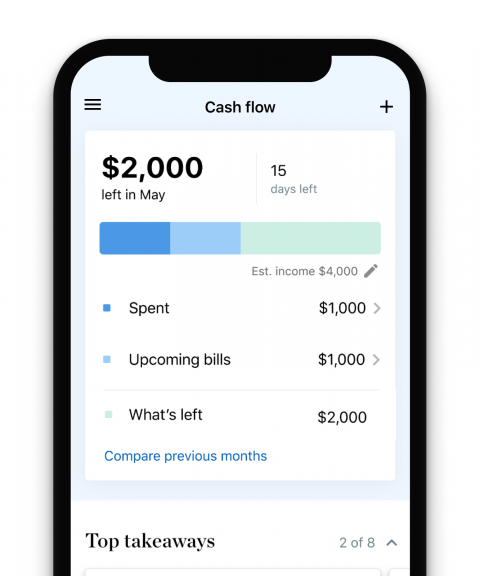how much money do fashion designers make a month
All of your money isn't fair game for fun stuff — you have to take care of bills and debt first. Add savings to the mix, and you'll see the need to spend less than you earn.
"We always want fewer dollars going out than coming in," says Amy Irvine, CFP, the founder of Rooted Planning Group.
So before your next trip to the mall, determine a budget that allows for some of your wants as well as your needs.
How much money should you spend?
When it comes to how much you should spend and save each month , NerdWallet advocates the 50/30/20 budget . With this formula, you aim to devote 50% of your take-home pay to needs like rent and insurance, 30% to wants like gym memberships and vacations, and 20% to debt repayment and savings.
Needs come before wants, and your specific spending figures will be based on your income. Here's how to do it.
Before you build a budget
NerdWallet breaks down your spending and shows you ways to save.

Start with your take-home pay
You have only so much money to work with if you stick to spending within your means. Your starting amount is your take-home income , after tax and with payroll deductions added back in. That figure determines how much you can afford to spend on everything from rent to groceries.
Not enough? You can try to make more money — get a raise, switch to a job with a higher salary or take on additional work. To make your current pay stretch further, find ways to save money , like carpooling to work or using coupons.
Determine how much you need for key expenses
If you spend everything you bring in on whatever you'd like, you won't be prepared for the future.
Start with the 20% for savings and debt. Pay yourself first by setting aside money for an emergency fund and retirement. Then turn to debt. If you have outstanding credit card debt, for instance, work on knocking that down.
Next, subtract your regular bills. If your monthly take-home pay is $5,000, shoot to spend no more than half of that, or $2,500, on essentials such as your rent and electric bill .
Leave room for fun money
You've now burned through a substantial chunk of your income, but it's crucial to give yourself room to breathe. Saving for the future is important, but just like a restrictive diet, trying to hold to a budget that doesn't allow for fun in the moment isn't realistic. That's where the 30% of "want" spending comes in.
Don't wait for retirement to buy things that make you happy. You shouldn't save "in anticipation of this magic finish line" at which point you finally start living, says David G. Metzger, CFP, the founder of Onyx Wealth Management LLC in Illinois.
"It's important to think about what we can do right now to enjoy life a little bit and then just make it part of the budget," Metzger says. Build in room for the wants that are important to you, like spa visits (including tips for your massage therapist ).
But remember, the formula can't add up to more than 100%, so you'll have to make sacrifices in some areas if you're overspending in others. You can't spend 30% of your pay on wants if you already have 90% committed to bills and savings.
Make changes to your spending along the way
Whether it's due to a relocation to a new city or a jump in the cost of living in your hometown, your spending is guaranteed to fluctuate over time.
If you're short on funds at the end of each month, revisit your spending habits right away. Check your credit card and bank statements to identify spending patterns; don't forget about withdrawals you've made.
Try tossing all of your receipts in a jar to identify areas where cash is leaking out of your budget, says Steve Sivak, CFP, the managing partner of Innovate Wealth in Pennsylvania.
The more honest you are about how you're dividing your money, the better off you'll be.
NerdWallet Guide to COVID-19
Get answers about stimulus checks, debt relief, changing travel policies and managing your finances.
Could you save even more?
-
If you still want to cut expenses, jump on the phone. For any bill you pay – utilities, credit cards, loans, mortgage, insurance – call that company's customer service team. Politely request to have your bills lowered or deferred. Don't be afraid to ask to speak with the representative's manager, who may be in a better position to help you.
-
Call 211 or visit 211.org . This free, confidential service helps many people pay bills and rent, secure food, access the internet and more.
What's next?
how much money do fashion designers make a month
Source: https://www.nerdwallet.com/article/finance/how-much-can-i-spend-each-month